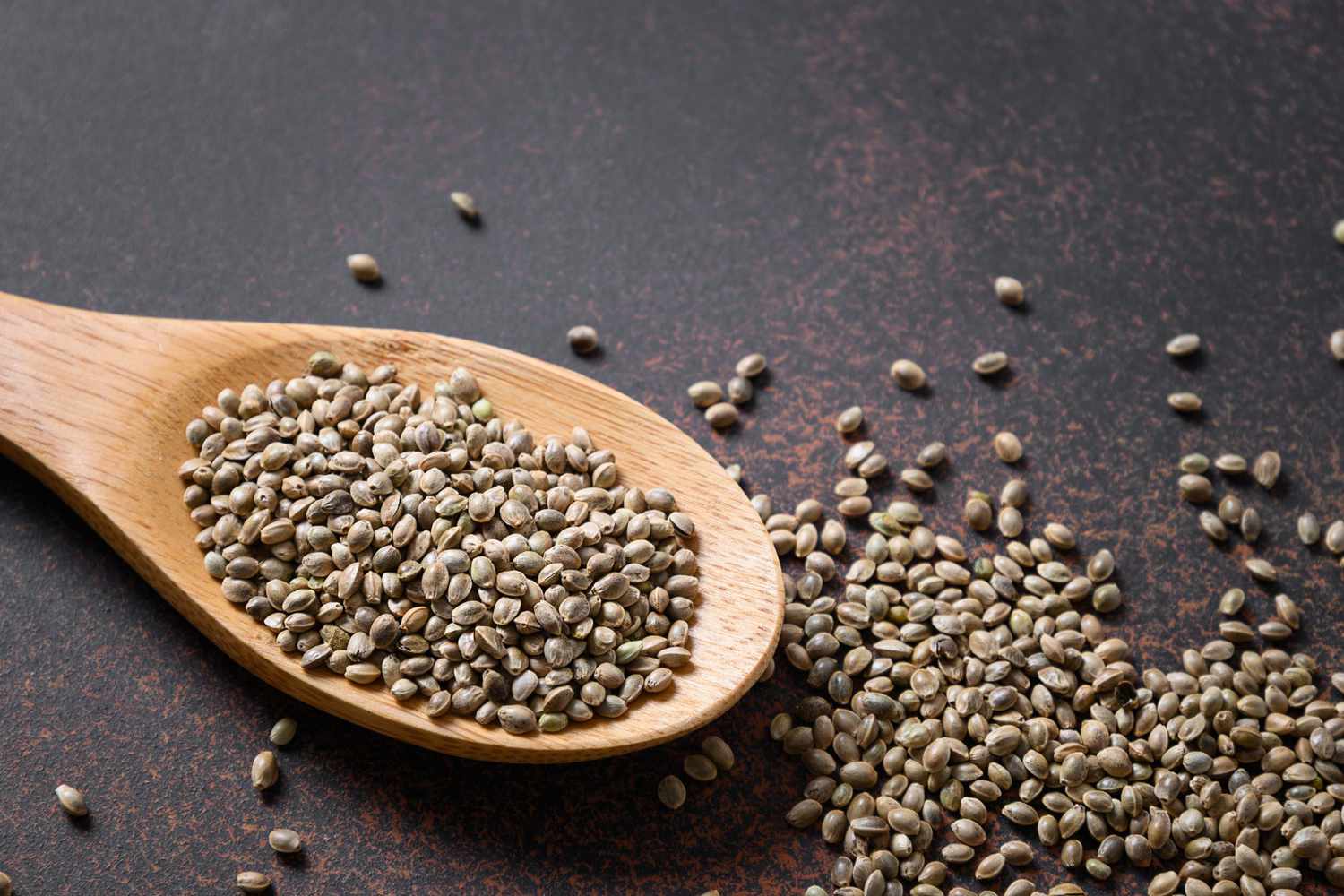
While hemp has been cultivated for more than 12,000 years, it still has a bad reputation, despite its great economic significance. The negative connotations associated with this plant are often false, or do not tell the whole story. You can learn the truth about some common misconceptions about hemp consumption and the top 5 health benefits of hemp seeds by reading on.
Mistakes About Consuming Hemp
People have a negative opinion of the hemp plant and related products because of its association with marijuana as a recreational drug. Even though hemp and marijuana come from the same plant species – Cannabis Sativa L. – there are some differences between them. It is the flowering tops and the leaves of the Cannabis plant that contain the psychoactive elements and the tetrahydrocannabinol (THC) that most people associate with the drug marijuana. Those parts of the plant that contain THC are the seeds and the fibers.
Hemp contains less than 0.3% THC, which is where marijuana plants cross, so you won’t get high from consuming it. Hemp and marijuana plants, though they are from the same species, are cultivated very differently. Seeds and fiber are obtained from hemp plants, whereas THC is obtained from marijuana plants. Feminized hemp seeds are primarily composed of essential fatty acids, protein, fiber, and other nutrients. The seeds also contain cannabidiol, a cannabinoid that does not affect your consciousness.
Hemp Seeds Benefit Your Health In 3 Ways

It is likely that you are wondering what benefits hemp foods can offer you now that you are aware of the facts. Hemp seeds are highly nutritious – so much so that they are often referred to as superfoods. Here are five of their top health benefits:
1. High in Essential Nutrients
The nutritional content of hemp seeds is responsible for its numerous health benefits. The shelled seeds of the hemp plant contain about 35% essential fatty acids and 33% plant protein. The seeds contain all nine essential amino acids and are a rich source of gamma-linolenic acid (GLA), as well as dietary fiber.
2. Reduces Heart Disease Risk
The number-one killer in the world is cardiovascular disease, but eating these little seeds could reduce your risk. They contain the amino acid arginine, which plays an important role in the body’s production of nitric oxide. As a result of nitric oxide, blood vessels dilate and relax, lowering blood pressure and reducing your risk for heart disease.
3. Supports Weight Loss
They are high in dietary fats and fiber, which may help you feel fuller longer and suppress your appetite as you attempt to lose weight. You should keep in mind that these seeds tend to have a high calorie content due to their fat content.
